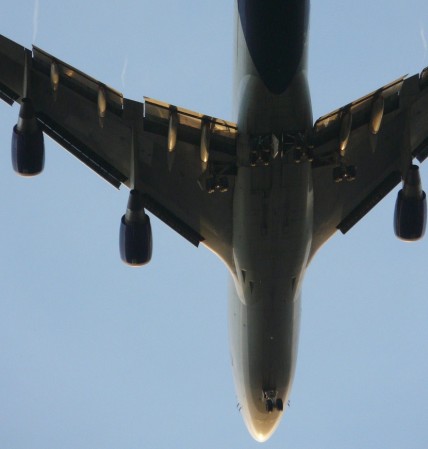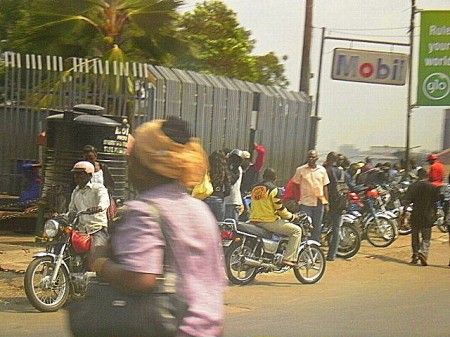
The global transport industry plays a crucial role in conflict economies. Ethical Cargo, a new information portal by one of our partners, the Stockholm International Peace Research Institute (SIPRI), sheds light on this role and helps donors to choose the right companies when giving out contracts.
An earlier study by SIPRI showed that 90 percent of air transport companies engaged in weapons, drugs or precious minerals trafficking have also received contracts to deliver humanitarian aid or peacekeeping equipment.
“Air transportation has played a key role in fuelling the war economies that have devastated much of Africa in recent decades,” Hugh Griffiths and Mark Bromley write in their paper. They urge the EU and its member states to “deny humanitarian aid, peace support, stability operations and defence logistics supply chain contracts to air transport companies engaged in destabilizing or illicit commodity flows, in particular the transfer of SALW [small arms and light weapons].”
To support this, Ethical Cargo was launched, namely to help the “humanitarian aid and peace-support communities implement effective conflict-sensitive logistics and ethical transportation policies.” The website offers an emergency 24-hour hotline, a database, model codes of conduct, best practices and contract negotiation techniques.
People working for organizations engaged in humanitarian aid or peace-support can register and use the services freely.


